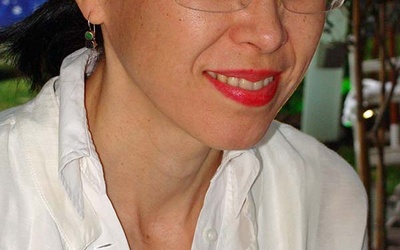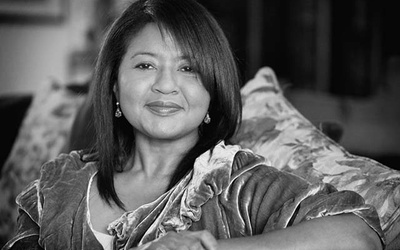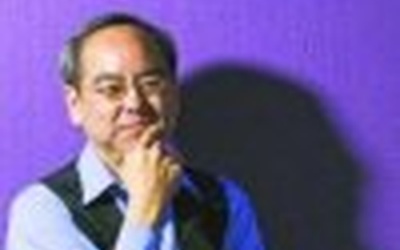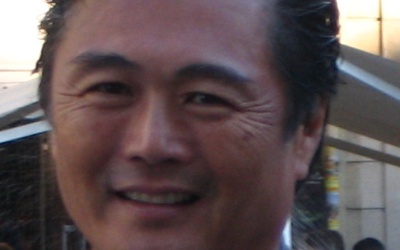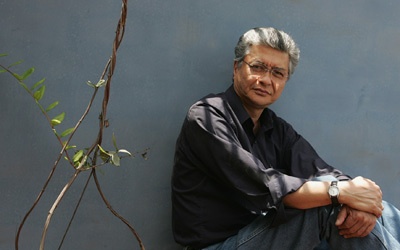The Asian American Literary Review

The Asian American Literary Review is a space for writers who consider the designation “Asian American” a fruitful starting point for artistic vision and community. In showcasing the work of established and emerging writers, the journal aims to incubate dialogues and, just as importantly, open those dialogues to regional, national, and international audiences of all constituencies. It selects work that is, as Marianne Moore once put it, “an expression of our needs…[and] feeling, modified by the writer’s moral and technical insights.”
Published biannually, AALR features fiction, poetry, creative nonfiction, comic art, interviews, and book reviews. Discover Nikkei will feature selected stories from their issues.
Visit their website for more information and to subscribe to the publication: www.asianamericanliteraryreview.org
Stories from this series
Asian American Literature Forum Response by Anna Kazumi Stahl - Part 1
July 1, 2012 • Anna K. Stahl
“Are there any continuities,” wonders scholar Min Hyoung Song, “between the earlier generation of writers which first raised the banner of an Asian American literature and a later generation of writers which inherited it?” The Asian American Literary Review asked writers to respond to this question for their Spring 2012 issue on “Generations.” Forum Response by Anna Kazumi Stahl Given that I was born to a mixed race couple (Japanese and German) in the Deep South in 1963, I grew …
Asian American Literature Forum Response by Velina Hasu Houston
June 24, 2012 • Velina Hasu Houston
“Are there any continuities,” wonders scholar Min Hyoung Song, “between the earlier generation of writers which first raised the banner of an Asian American literature and a later generation of writers which inherited it?” The Asian American Literary Review asked writers to respond to this question for their Spring 2012 issue on “Generations.”Forum Response by Velina Hasu HoustonRespecting History As a playwright of Asian descent, I find my perspectives on Asian American literature naturally gravitate toward Asian American dramatic literature. …
Asian American Literature Forum Response by Richard Oyama
June 17, 2012 • Richard Oyama
“Are there any continuities,” wonders scholar Min Hyoung Song, “between the earlier generation of writers which first raised the banner of an Asian American literature and a later generation of writers which inherited it?” The Asian American Literary Review asked writers to respond to this question for their Spring 2012 issue on “Generations.” Forum Response by Richard Oyama In 1974 I first went to Basement Workshop (BW), an Asian American arts organization in New York’s Chinatown. Though I’d taken creative …
Asian American Literature Forum Response by David Mura - Part 2
June 10, 2012 • David Mura
Read Part 1 >> Recently, in Minneapolis, Pangea World Theater presented Lebanese American writer Kathy Haddad’s Zafira: The Olive Oil Warrior, a work which imagines Arab and Muslim Americans being rounded up and interned in a manner similar to Japanese Americans in World War II. The play even employed a quotation from a 1942 LA Times editorial calling for the internment of Japanese Americans and merely substituted the term Arab Americans. I was one of the few audience members who recognized …
Asian American Literature Forum Response by David Mura - Part 1
June 3, 2012 • David Mura
AALR Spring 2012 Issue“Are there any continuities,” wonders scholar Min Hyoung Song, “between the earlier generation of writers which first raised the banner of an Asian American literature and a later generation of writers which inherited it?” This is the question that the Asian American Literary Review’s Spring 2012 issue on “Generations” posed to writers, poets, playwrights, spoken word performers, scholars, and publishers of various generations, regions, and ethnic and artistic communities. What emerged was a vital survey of generational …
José Watanabe
March 6, 2011 • Michelle Har Kim
“The children of Japanese immigrants, we heard...that someday the whole family would return to Japan. The dream wasn’t too convincing, not even for our parents”1. The fifth of eleven children, the Japanese Peruvian poet José Watanabe (1946-2007) spent his early childhood in the sugar plantation town of Laredo, about three hundred miles north of Lima, in the region of La Libertad. There his issei migrant father met and married his Peruvian mother—“a mestiza Peruvian,” Watanabe elaborates in a recent interview.2 …

